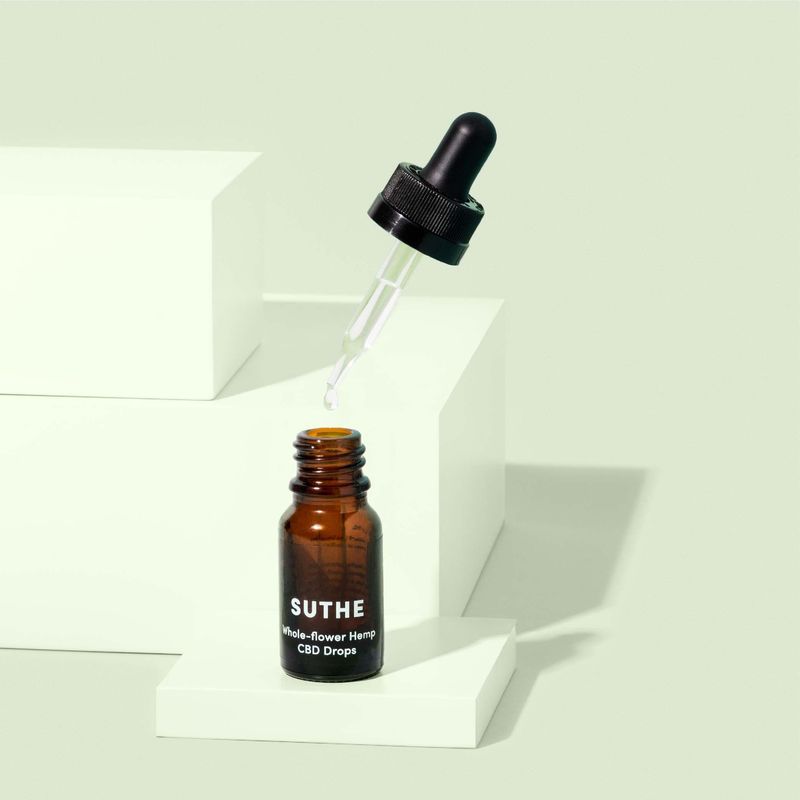In today's world of processed foods and industrialized agriculture, understanding what's on your plate is more important than ever. Food labels provide a wealth of information about what we're consuming, but they can also be daunting and confusing.
Unraveling the mystery behind these labels and learning to spot potential health hazards, such as genetically modified organism (GMO) additives and hormone disruptors, is crucial for making informed dietary choices. In this educational blog post, we'll delve into the art of reading labels and highlight the top five GMO additives to look out for.
We'll also explore alternatives and ways to offset the health implications associated with these additives.
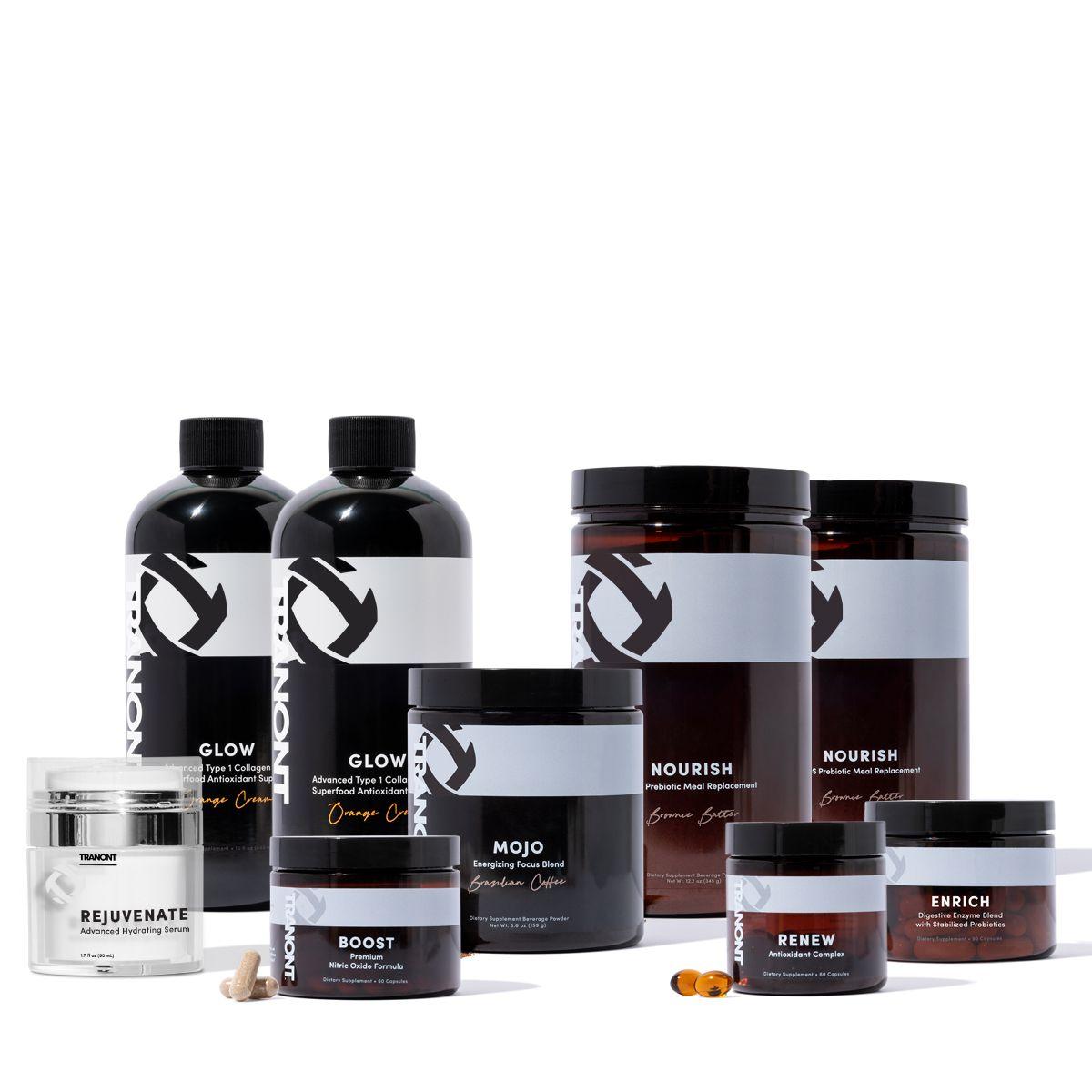
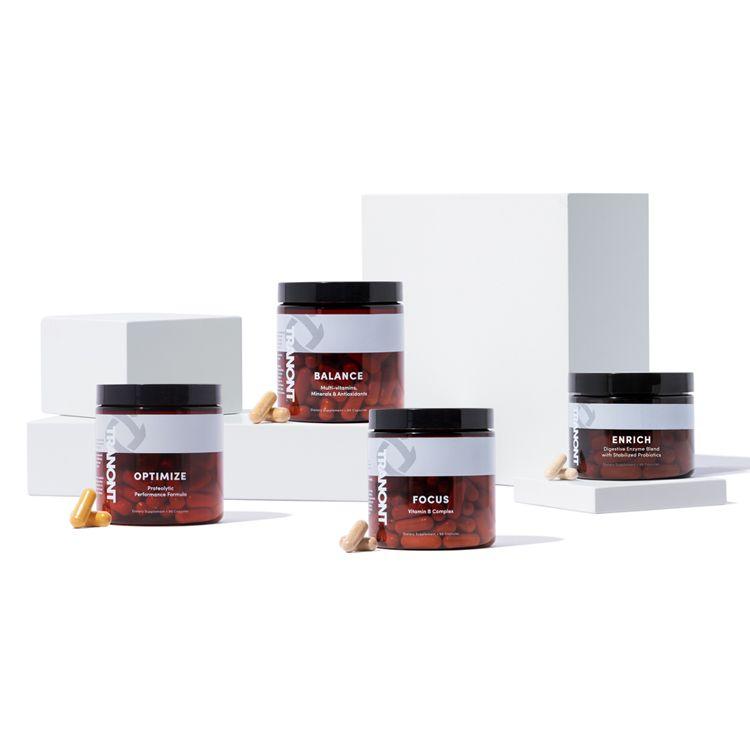
In the realm of health and wellness, the old adage "you get what you pay for" holds immense truth. High impact, thoroughly tested supplements may have a higher price tag, but they provide unparalleled value for one's well-being. Investing in supplements that have undergone rigorous testing ensures that you're getting a product that is not only safe but also effective.
The additional cost is a testament to the quality of ingredients, manufacturing processes, and research behind these supplements, promising real results and contributing to your overall health goals.
Quality supplements are akin to an insurance policy for your health. When you invest in high-impact, tested supplements, you're investing in your long-term vitality and quality of life.
These supplements are carefully formulated to address specific health concerns, with each ingredient backed by scientific research. Choosing tested supplements over cheaper alternatives is a choice for a healthier, more energetic future.
The value they provide far exceeds the price you pay, as they contribute to a robust immune system, improved energy levels, enhanced cognitive function, and overall well-being.
In essence, the upfront investment in high-impact supplements translates to invaluable returns in terms of a healthier and happier life.
How to Read Food Labels: A Comprehensive Guide
Understanding food labels is essential for making informed and healthy food choices. The FDA (Food and Drug Administration) mandates the inclusion of specific information on food labels to help consumers make informed decisions. Here's a guide on how to decode food labels effectively:
1. Ingredients List:
Start by examining the list of ingredients. Ingredients are typically listed in descending order based on their weight in the product. If an undesirable ingredient is one of the first few listed, it's likely present in significant amounts.
2. Nutritional Information:
Pay attention to the nutritional facts, which include serving size, calories, fat, protein, and other nutrients. This information helps gauge the nutritional value of the product per serving.
3. Allergens and Additives:
Check for allergens and additives that might be harmful. Common allergens include nuts, soy, dairy, and wheat. Be cautious if you have allergies or intolerances.
4. Certifications:
Look for certifications such as USDA Organic, Non-GMO Project Verified, or Fair Trade. These labels indicate adherence to specific quality standards.
5. Expiration Dates:
Check for expiration dates to ensure the product is safe for consumption. Avoid items past their expiration or "use by" dates.
Top 5 GMO Additives to Watch Out For:
1. Soy Lecithins:
Soy lecithin is a common GMO additive found in many processed foods like chocolates, baked goods, and even dietary supplements. It is used as an emulsifier. To avoid GMOs, opt for products that explicitly state "non-GMO soy lecithin" or look for alternatives like sunflower lecithin.
2. Carrageenan:
Carrageenan is often used as a thickener and stabilizer in dairy products, plant-based milk, and processed foods. It can cause gastrointestinal inflammation and has been linked to potential health issues. Choose products that use alternative thickeners like agar-agar, guar gum, or xanthan gum.
3. High Fructose Corn Syrup (HFCS):
High fructose corn syrup, derived from genetically modified corn, is a common sweetener in sodas, processed foods, and sugary snacks. Opt for products sweetened with natural alternatives like honey, maple syrup, or stevia.
4. Canola Oil:
Canola oil is often derived from genetically modified canola plants. Look for products that use oils like olive, coconut, or avocado instead.
5. Aspartame:
Aspartame, a widely used artificial sweetener, is produced using genetically modified bacteria. Choose natural sweeteners like honey, maple syrup, or erythritol as healthier alternatives.
Healthy Alternatives and Mitigation Strategies:
- Choose Organic:Opt for certified organic products and supplements, which are less likely to contain GMO additives, synthetic pesticides, or hormones.
- Cook from Scratch:Prepare meals at home using whole, unprocessed ingredients. This way, you have complete control over what goes into your food.
- Support Local and Sustainable Farms:Purchase locally sourced produce and products from farmers' markets or community-supported agriculture (CSA) programs.
- Educate Yourself:Stay informed about high impact supplements, food additives, GMOs, and their potential health implications. Knowledge empowers you to make better choices.
- Advocate for Change:Advocate for clearer labeling laws and support initiatives promoting sustainable, organic, and non-GMO products in your community.
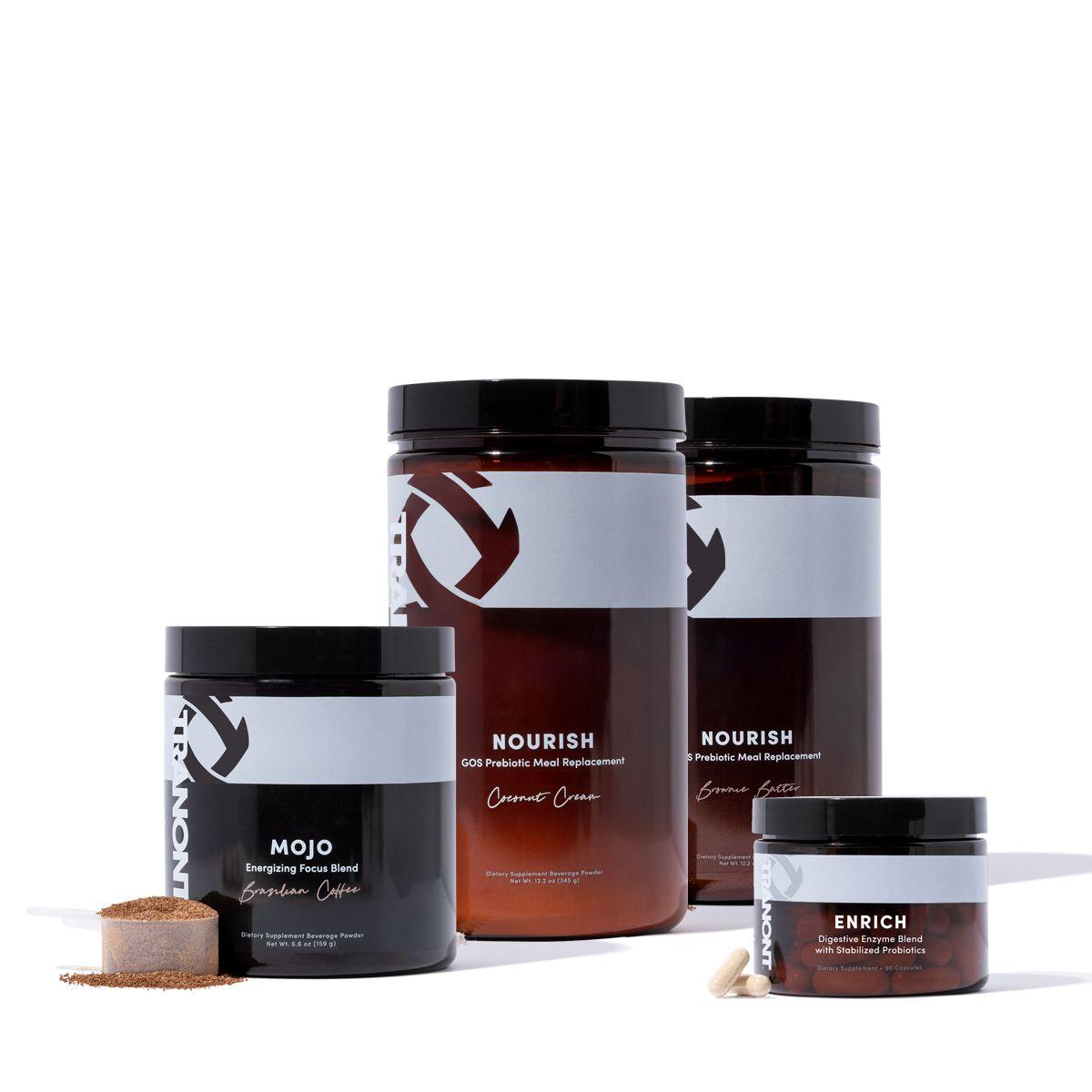
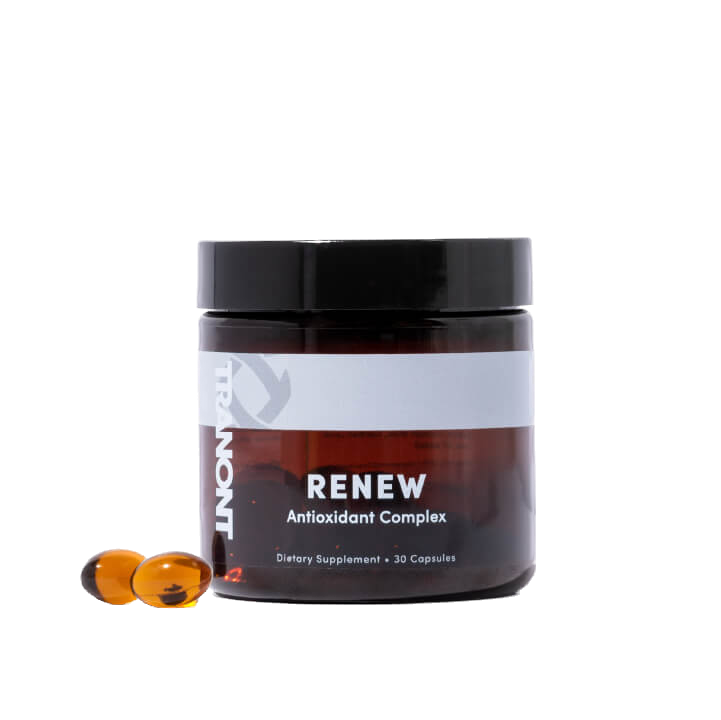
FAQs on GMO Additives and Healthy Eating:
1. Q: Are GMO additives harmful to health?
A: While the long-term health effects of GMO additives are still under research, some studies suggest potential risks to health, including allergic reactions and antibiotic resistance.
2. Q: How can I ensure the products I purchase are GMO-free?
A: Look for products that are Non-GMO Project Verified, USDA Organic certified, or bear explicit non-GMO labels. You can also visit non-GMO databases and apps for guidance.
3. Q: Can I trust "natural" or "organic" labels to be GMO-free?
A: "Natural" labels may not necessarily mean GMO-free. Look for certifications like "Non-GMO Project Verified" or "USDA Organic" for a higher level of assurance.
4. Q: Can GMO additives be harmful to the environment?
A: Yes, GMO crops and their additives can have adverse environmental impacts, including genetic contamination, pesticide resistance, and loss of biodiversity.
5. Q: Are there specific health conditions linked to GMO additives?
A: Some studies suggest a potential link between GMO consumption and health issues like allergies, gastrointestinal problems, and hormonal disruptions. However, further research is needed to establish definitive connections.
As Amazon Ambassadors and Affiliates we may earn a commission on qualifying purchases made through our site and links, at no cost to you. We hope you will find your next favorite thing here on Fashion Ratings

